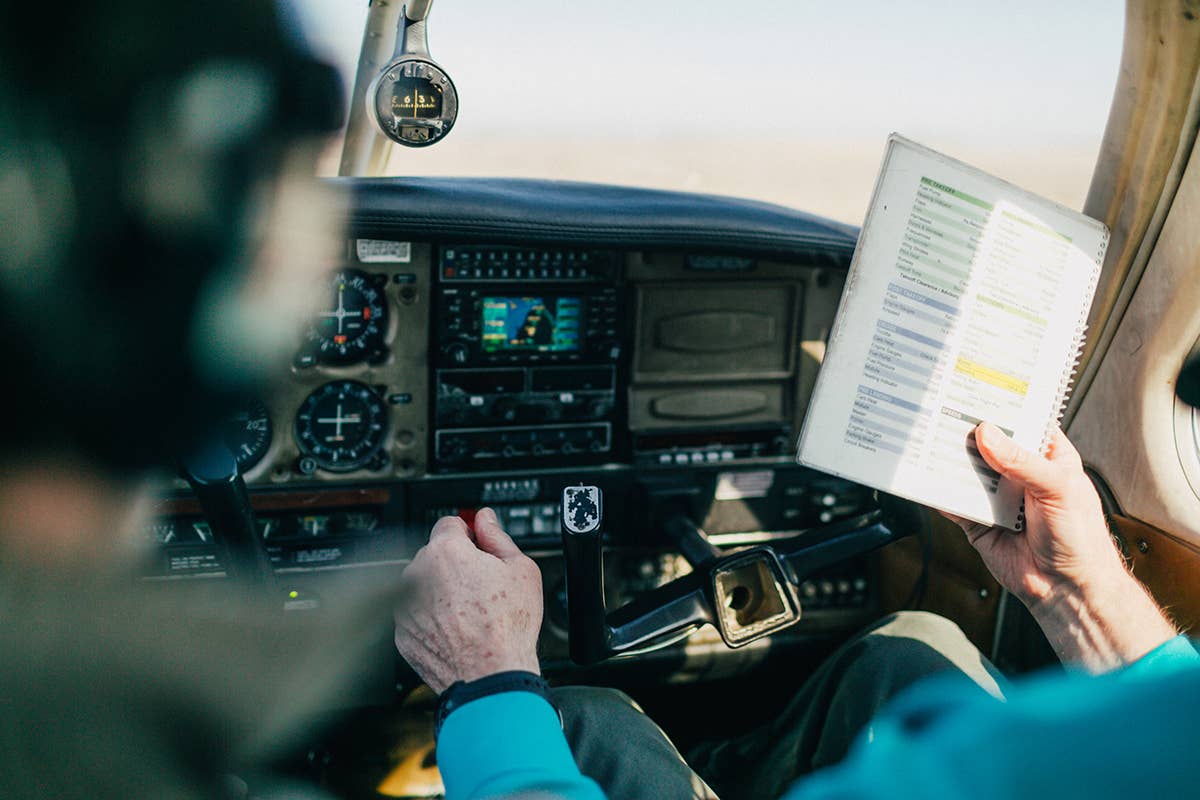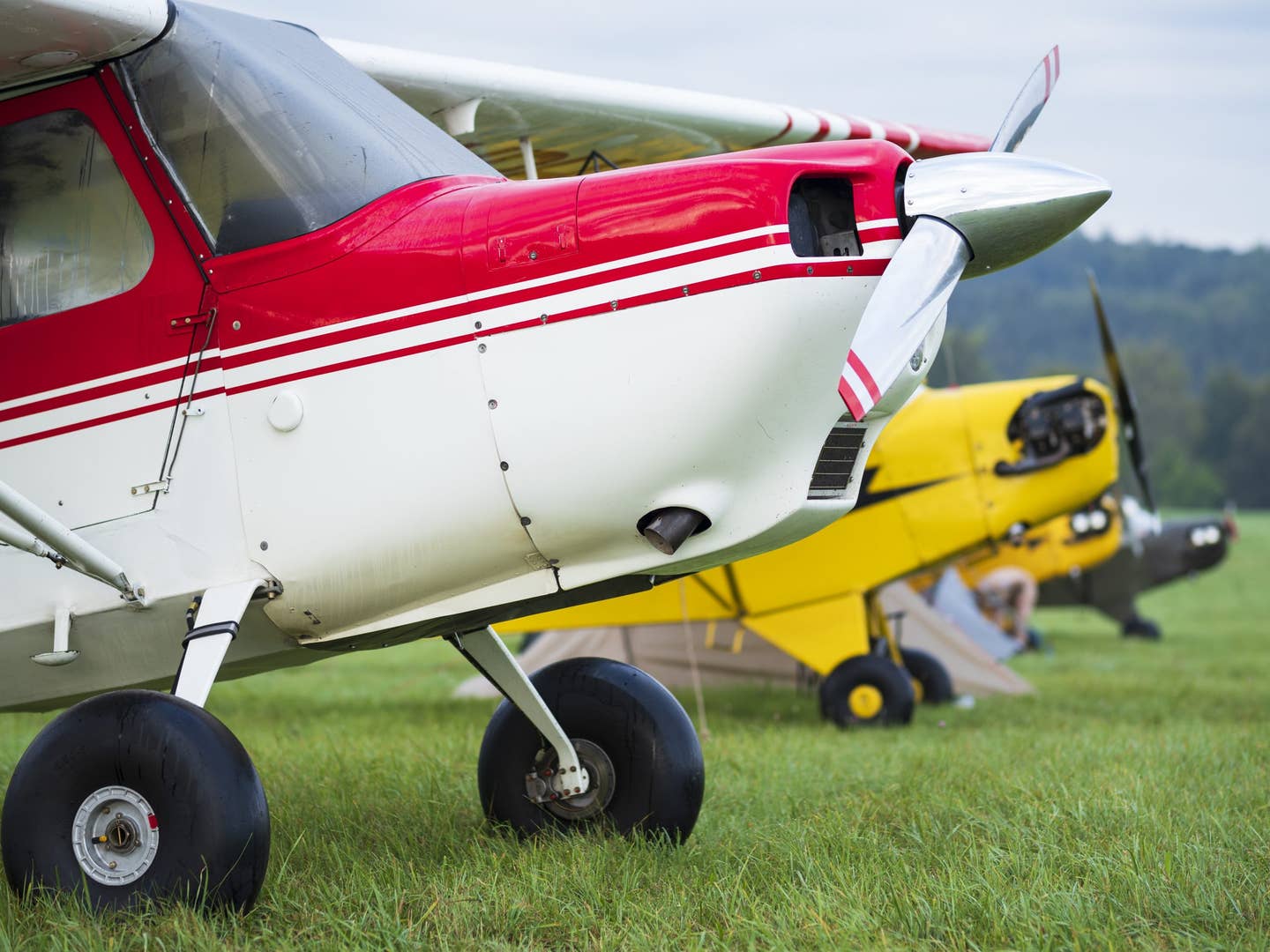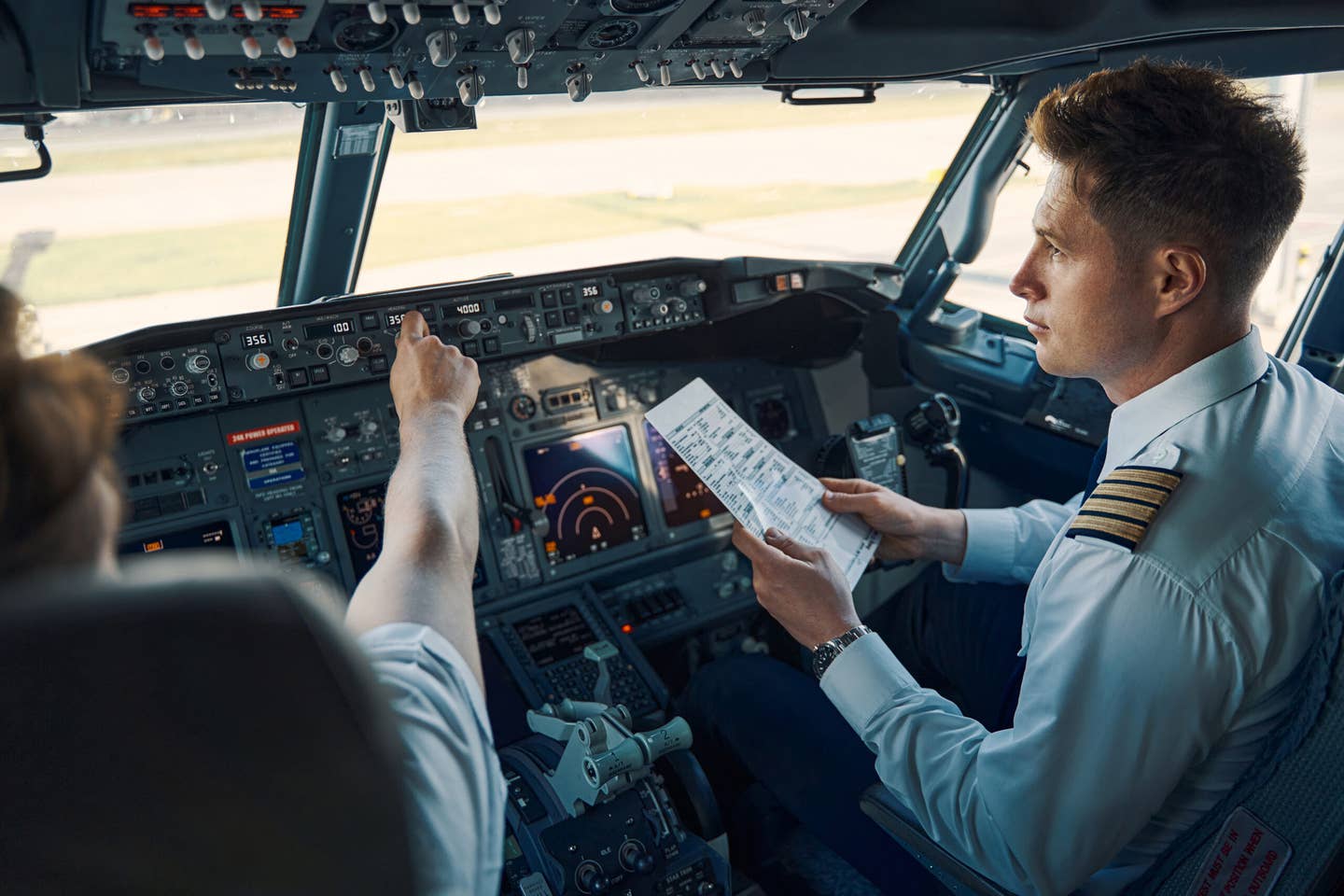CFIs Are Professional Pilots
FLYING staff writer and certified flight instructor gives spirited rebuttal to contributor’s recent column.

The writer contends that CFIs have to master a list of skills, including flying at a commercial level. [File Photo: Adobe Stock]
Merriam-Webster’s dictionary defines a professional as “someone engaged in a specified activity as one’s main paid occupation rather than as a pastime.” Given this definition, I submit that flight instructors are indeed professional pilots. I write this to counter colleague Sam Weigel’s recent “V1 Rotate” column that defined professional pilots, but did not include CFIs.
Weigel recognized his position was controversial, stating, “My definition of a professional pilot, for the purposes of this web series, is a person whose primary income is derived from acting as a required crewmember of a crewed aircraft in flight. The primary profession of flight instructors, he stated, is education, not flying.
I think you’re splitting hairs there, Sam.
I have been a CFI since July 23, 2003, at 4:48 p.m. (It was like giving birth. I remember that day well). I very much consider myself an aviation professional when I am exercising the privileges of my certificate. I submit that a CFI is a required crewmember, especially for the pre-solo learners. Most of the physical skills we learn are taught to us through physical demonstration, be it tying your shoes, using a hammer, riding a bicycle—or flying an airplane.
The flight instructor demonstrates, then we coach, we praise, we correct, we intervene when things go sideways. And to do all of this, we need to know how to fly and be able to fly and teach at the same time. It’s more challenging than it sounds. Passing a checkride does not guarantee that you know how to teach flying. You may have discovered this on your own after you were paired up with the CFI who could show you how to do something but lacked the verbal skills to explain it. The CFIs who need directions to come to a point or can’t use complete sentences are a bane of the industry.
A CFI must be able to fly to at least the level of a commercial pilot. A commercial pilot, when exercising the privileges of their certificate, is considered a professional pilot, and for that reason, I submit that a CFI is indeed a professional pilot.
Using Weigel’s logic, it would appear that perhaps airline pilots are not “professional pilots” because their primary job in the cockpit is not hands-on flying of the aircraft, but rather computer programming (the autopilot) and monitoring the instruments or the actions of the pilot flying. They have spent an awful lot of time and money to get where they are, and to suggest that they are not professionals because of the limited amount of hands-on flying they do is a faux pas on the level of asking for ketchup at the Last Supper.
If you are getting paid for your services in the aircraft, you are a professional pilot. That includes the required decision-making, programming, and, yes, Sam, providing instruction.

Sign-up for newsletters & special offers!
Get the latest FLYING stories & special offers delivered directly to your inbox






